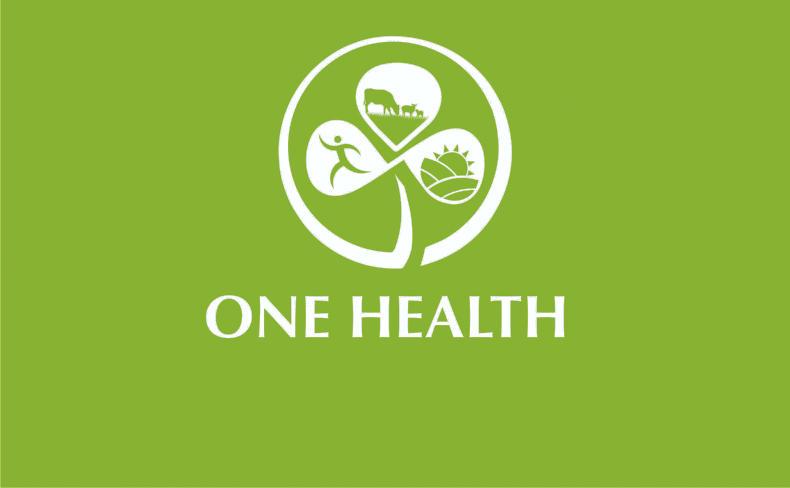It has been fantastic to get positive farmer feedback about our One Health awareness campaign. It’s important that farmers understand why we all need to become more aware of the challenge that is antibiotic resistance. It can affect our farm animals, food security, environment and, most importantly, ourselves and our families.
Antibiotics have added 20 years to human life expectancy and we must now ensure we do everything to protect them into the future.
We also need to use antibiotics in our farm animals to treat infections. We must work harder to reduce their usage, and focus on disease prevention.
When we do have to use antibiotics, it must be only “as little as possible, as much as necessary”.
Any time we overuse antibiotics, there is the potential of resistant bacteria developing.
These bacteria can then multiply and share their resistant genes with other bacteria.
We know this can happen in humans and animals, but now there is increasing concern about what is happening in our environment.
Resistant bacteria being shed into the environment can pose a threat to human health
There are billions of bacteria in our animals and ourselves, mostly harmless.
However, the largest numbers of bacteria are in the environment humans and animals share.
Resistant bacteria being shed into the environment can pose a threat to human health.
These bacteria can be shed in the faeces of animals or humans into the waterways and local environments. Each time an animal is treated with an antibiotic, a significant amount is excreted from the animal into the environment. Studies have shown that spreading of manure increases the level of antibiotic-resistant bacteria and resistance genes in soil.
The risk may be small, but we must remember these resistant bacteria can also share their resistant DNA with other bacteria.
This is why the environment we all share is critical in the One Health story. Another risk area is unused antibiotics or empty antibiotics bottles being disposed of incorrectly.
Every farm must have hazardous waste containers
Again, this could lead to small doses of antibiotics getting into our environment and bacteria then developing resistance. T
herefore, it is vital to dispose of all antibiotic bottles correctly through a registered hazardous waste company or availing of local schemes.
Every farm must have hazardous waste containers which can be sealed for disposal. All used syringes that administered antibiotics must be disposed of correctly.
One area farmers can improve on straight away is reducing the use of oral antibiotics to treat individual animals or groups.
This can also create resistant bacteria, and there are better approaches to treatment for conditions such as calf scour.
Remember that in cases of calf scour, more than 90% are caused by viruses and parasites in young calves. Oral antibiotics will do nothing to treat these infections. Group medications of oral antibiotics will no longer be allowed on farms under new regulations coming into force in January 2022.
Remember, these resistant bacteria can be in the environment in which you work
We can be ahead of the curve on Irish farms by removing and reducing the need for oral antibiotics in our farming systems now.
Our focus as farmers must be on improving animal health and working with our vet and other farm advisors in a holistic way to prevent disease.
Remember, these resistant bacteria can be in the environment in which you work. Strict hygiene protects your farm and your family’s health.
One Health is about looking at the complete picture of your farm animals, yourself and the environment.






 This is a subscriber-only article
This is a subscriber-only article










SHARING OPTIONS: